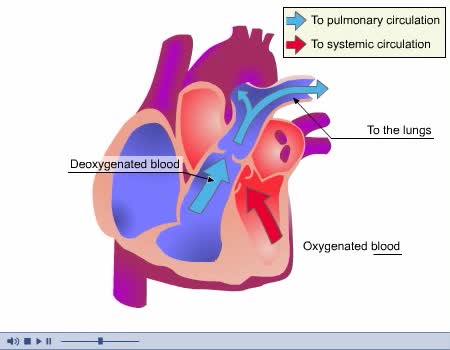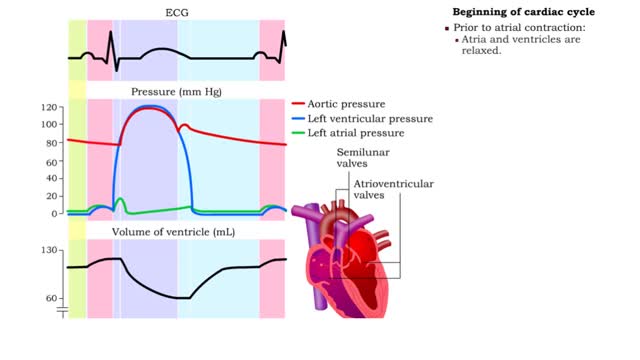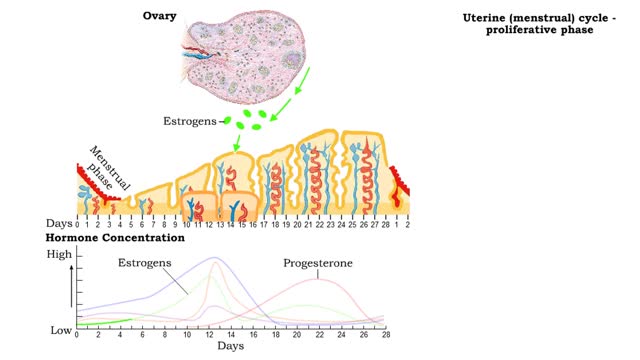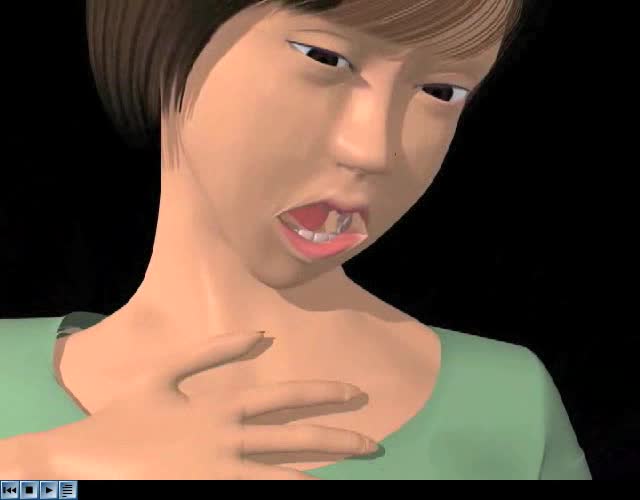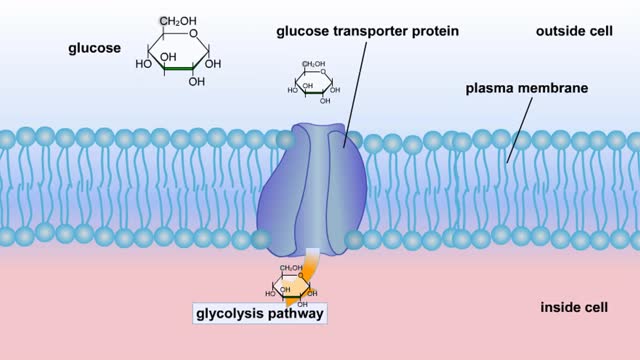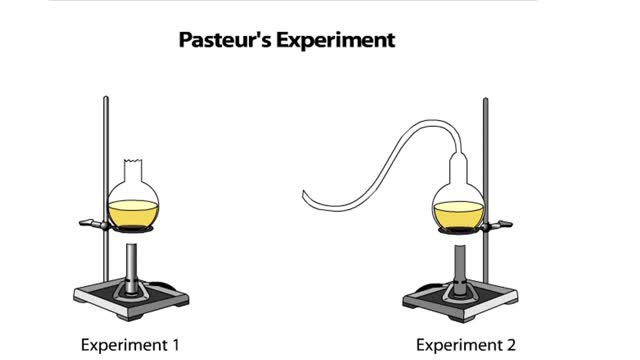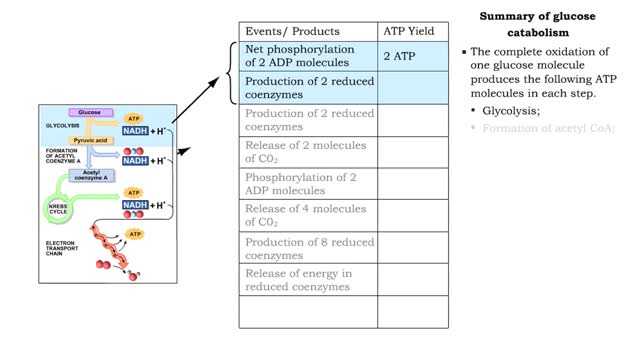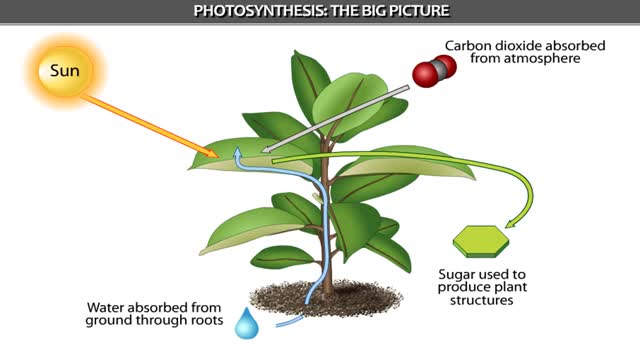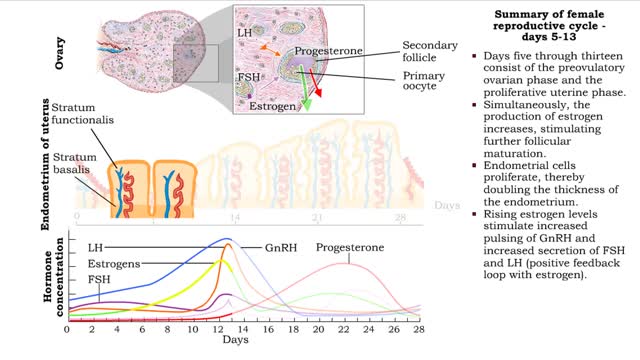Search Results
Results for: 'Apicomplexan life cycle Animation'
Five phases of cardiac cycle & Atrial contraction
By: HWC, Views: 10557
1. Atrial contraction (atrial systole). 2. Isovolumetric (ventricular) contraction. 3. Ventricular ejection. 4. Isovolumetric (ventricular) relaxation. 5. Passive ventricular filling. Beginning of cardiac cycle • Prior to atrial contraction: • Atria and ventricles are relaxed....
Uterine (menstrual) cycle - phases
By: HWC, Views: 10419
• The uterus goes through a cyclical developmental pattern to be ready for implantation and support of an embryo. • The uterine, or menstrual, cycle is under the control of ovarian horrnones. • The uterine cycle also has three phases: • Menstrual phase • Proliferative phase �...
By: Administrator, Views: 13273
Anaphylaxis is a serious, life-threatening allergic reaction. The most common anaphylactic reactions are to foods, insect stings, medications and latex. If you are allergic to a substance, your immune system overreacts to this allergen by releasing chemicals that cause allergy symptoms.
Cellular Respiration & Glucose Mobilization (Glucose transport & Phosphorylation of Glucose)
By: HWC, Views: 10222
Glucose is completely broken down into CO2 and H2O during the process of cellular respiration, which includes 3 stages: 1) glycolysis; 2) the Krebs Cycle; and 3) the electron transport chain. Glucose enters this energy yielding pathway of cellular respiration in the first stage known as...
By: HWC, Views: 9907
Louis Pasteur designed a procedure to test whether sterile nutrient broth could spontaneously generate microbial life. To do this, he set up two experiments. In both, Pasteur added nutrient broth to flasks, bent the necks of the flasks into S shapes, and then boiled the broth to kill any existing...
By: HWC, Views: 10731
■ The complete oxidation of one glucose molecule produces the following ATP molecules in each step. • Glycolysis; • Formation of acetyl CoA; • Krebs cycle; • Electron transport chain. ■ In addition, glucose catabolism produces six CO2 molecules and water.
Brief Summary on Photosynthesis - Animation
By: HWC, Views: 9485
Can increase its weight by 150 pounds as it grows. Where does the new tissue come from? From the soil? From water? Or possibly from the air? The amazing truth is that new material. comes from an invisible gas in the air. In the process of photosynthesis, plants capture carbon dioxide ga...
Summary of female reproductive cycle days 1-28
By: HWC, Views: 10969
■ The first five days of the cycle include the menstrual phase. ■ Progesterone and estrogen levels are low. ■ Menses occurs. ■ GnRH pulses more frequently promoting FSH and LH levels to rise. ■ Primary follicles are stimulated to develop. ■ Days five through thirteen consist o...
Advertisement



